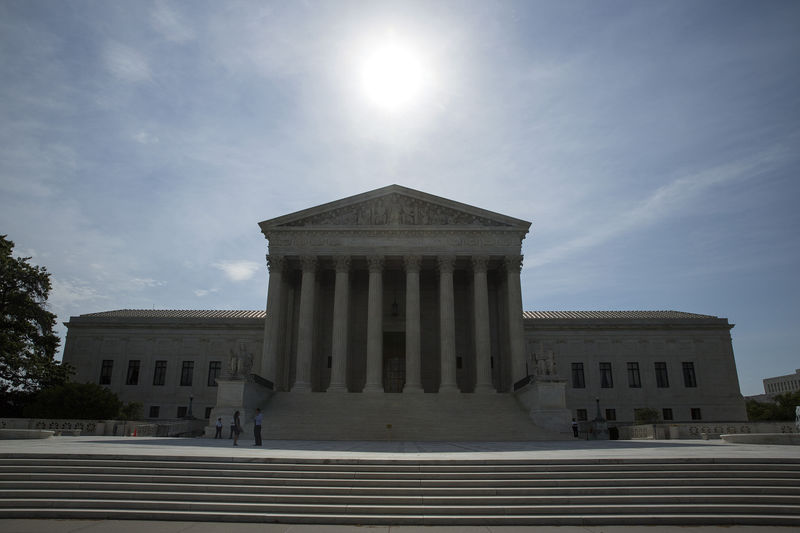By Brendan Pierson
NEW YORK (Reuters) - A disbarred U.S. lawyer convicted of impersonating Dead Sea Scrolls scholars in emails on Thursday lost his bid to escape his two-month prison sentence.
The 2nd U.S. Circuit Court of Appeals in New York left in place Raphael Golb's convictions in New York state court on 10 criminal counts, but rejected another seven. Golb's lawyer, Ronald Kuby, said that he and his client had not yet decided on their next action.
Caitlyn Fowles, a spokeswoman for the Manhattan District Attorney's office, which brought the charges against Golb, declined to comment.
The ruling arises from a habeas corpus petition, a type of federal court proceeding that can be used to challenge a state court prison sentence.
Golb is the son of Dead Sea Scrolls expert Norman Golb, a professor at the University of Chicago. Norman Golb has argued that the scrolls, ancient texts found near the Dead Sea, were written by a disparate group of authors, bucking the more widespread view that they originated with an ancient Jewish sect called the Essenes.
A New York jury in 2010 convicted Golb on 30 counts, of which 11 were overturned on appeal in state court. In 2015, Golb filed a habeas corpus petition in New York federal court, which overturned another two convictions but left the other 17 intact.
Raphael Golb was charged with creating fake email accounts to impersonate academics as part of a campaign to discredit the work of those who disagreed with his father. Golb has said he sent the emails to protest the exclusion of his father's work from a series of exhibits on the scrolls, according to court papers.
In one instance, prosecutors said, Golb posed as Lawrence Schiffman, a professor at New York University, and sent emails to Schiffman's students and colleagues in which "Schiffman" admitted to plagiarizing Norman Golb.
